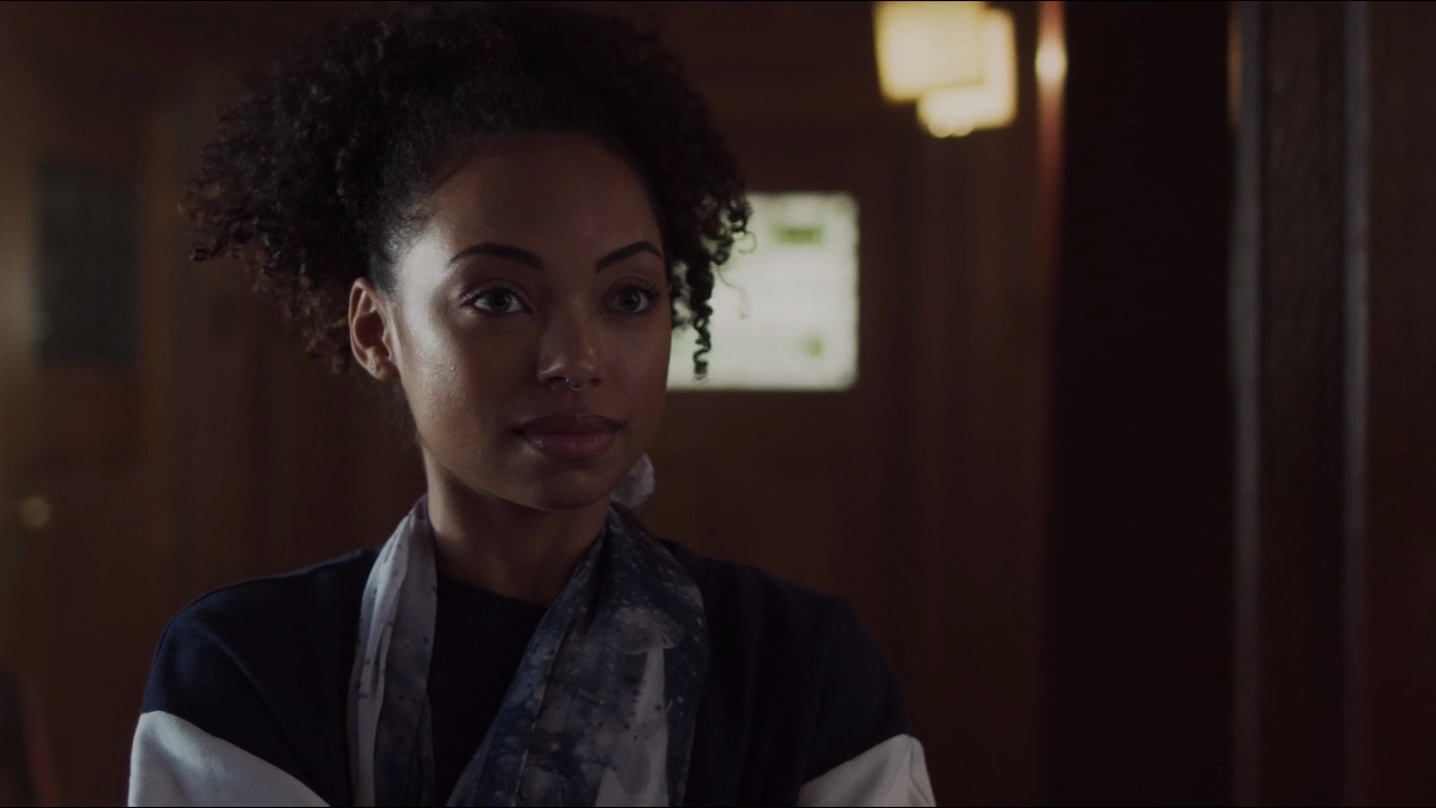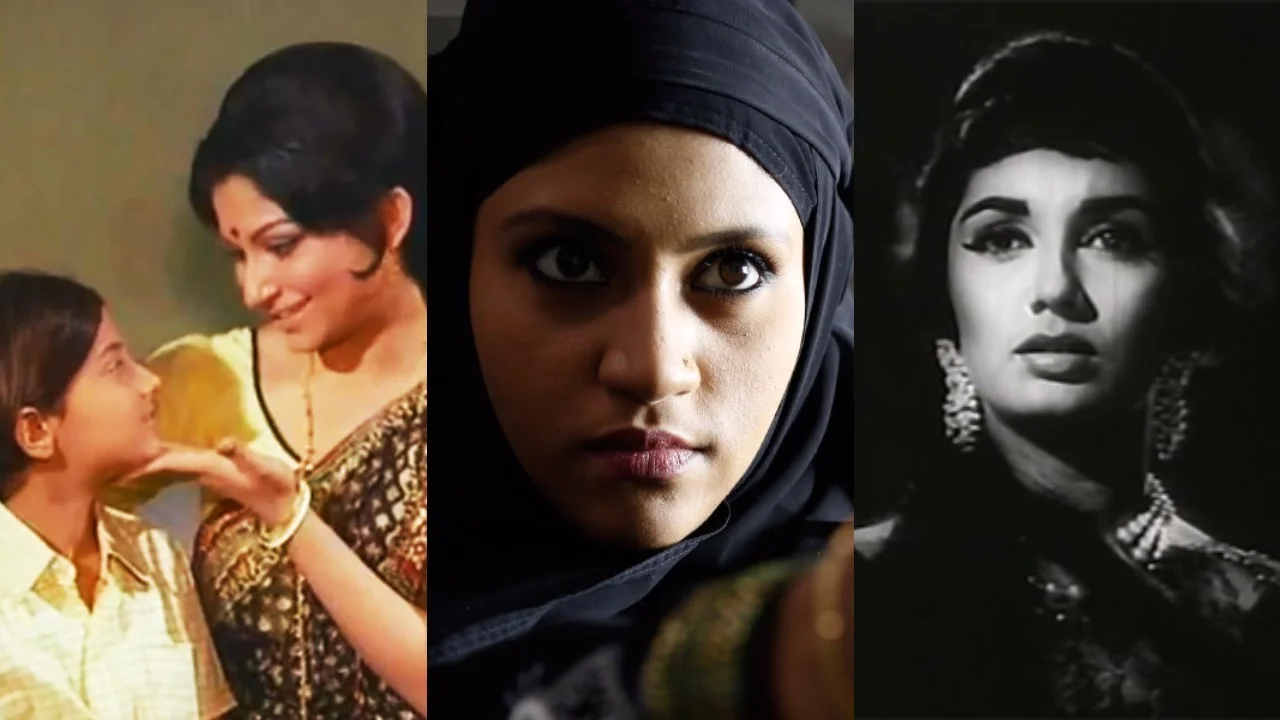The Problem with The Perfection
This article is a deep dive into the plot and themes of The Perfection and contains full spoilers.
I could count on one hand the number of things that stress me out more than men directing stories about queer women. It’s with good reason, too, because their track record is… bad, to say the least. There are definitely a good number of exceptions to the rule, but there are too many male-gaze, exploitative types to ever feel safe.
Now, the latest film in the long series of “disastrous movies about queer women directed by men” is Richard Shepard’s abysmal Netflix release, The Perfection. With a convoluted plot that makes you sound like a lunatic when you explain it out loud, The Perfection is as about as awful as a movie can get.
Let’s start with the basics of this thing. On a visual filmmaking level, like Velvet Buzzsaw before it, The Perfection is a distillation of everything that’s wrong with what’s becoming Netflix’s house style for their original films. Everything is overlit to the point that you think you’re watching something made for broadcast TV, if it weren’t for the explicit content. The shooting style is decent enough, and it pulls out all the stops for the noteworthy final shot (which, beneath the surface, is as repulsive as everything else, but we’ll get to that in more detail later). And the acting is… fine, considering what everyone’s been given.
And, oh man, what they’ve been given. This mess of a script is so entirely filled with damaging storytelling tropes regarding women and queerness that it’s honestly kind of hard to figure out where to even start diving into it.
In all fairness, this thing starts with a lot of promise. The introduction of our main character, Charlotte (Allison Williams), works just fine, as does the blossoming of her relationship with Lizzie (Logan Browning). Their dynamic is one of idol-worship, as Charlotte was something of a role-model to Lizzie when they were under the tutelage of Anton (Steven Weber) at the Bachoff School of Music. They hit it off and head out on a trip into the mainland of China, and things start going wrong.
In this early part of the film, things start to look like we’re going the route of an outbreak movie, and that’s initially exciting, as it’s so unexpected, and the film is so unafraid of doing some real gross-out stuff with the illness Lizzie appears to have contracted. There’s potential in the idea of contrasting these disgusting moments with the beauty of the music and art these women create for a living, but nothing comes of it.
There is an exact instant when the film takes a permanent turn for the worse, and that’s when things have reached an absolute fever pitch of dread and horror and panic, then stop dead in their tracks when Charlotte pulls, from absolutely nowhere, an absurdly large butcher’s knife that looks like it came out of an old Looney Tunes cartoon and tells Lizzie to cut off her hand.
For the first of three times, the film uses a truly bizarre rewind effect to reveal that nothing is as we first thought. Charlotte betrayed the trust Lizzie put in her and drugged Lizzie with hallucinogenic medications, rather than the ibuprofen she said she was giving Lizzie for her hangover. All the sickness and visions of bugs and body horror we saw through Lizzie’s eyes are just part of the medication and part of a greater plan to get her to cut off her own arm and almost die in the wilderness.
The film allows you to think for the next chunk of the story that this was done in malice and jealousy of Lizzie’s position as the star pupil. As Lizzie returns to her home at Anton’s apparently-90%-cello music school (this film has no idea how the classical music business works and doesn’t really care) and learns she won’t be allowed to stay if she cannot play. So, Lizzie plots her revenge and abducts Charlotte, hauling her back to Bachoff in the trunk of her car. Upon Charlotte’s arrival, we get our next absolutely delightful plot twist through a flashback to when Charlotte was probably fourteen years old.
Anton has this room that he thinks is acoustically perfect. Just the bee’s knees, in terms of room design.
(I’m sorry, but we do have to sidebar here to address this ridiculous room. It’s just a room. There’s literally nothing acoustically special about its design. In fact, one would think the full bar and the built-in torture equipment would be quite damaging to the acoustic integrity of this room, but, again, no one involved in this movie actually cares about the music angle they’ve inexplicably decided to take.)
He talks about how playing “the perfection” in this “perfect” room is the closest anyone can get to God. (Oh, and there’s no need to reflect on the religious implications of this and everything that follows it, because it literally never comes up again. Anton is just random piecemeal details formed into a vaguely person-shaped villain.) He makes sure to mention that there’s a punishment for anything less than perfection, but he’s nice and vague about it so that the full shock of him revealing his naked body to a minor when she makes a mistake can be as jarring as intended.
Yeah, that’s the next twist in this thriller that’s released in the year of our lord 2019: multiple men raping their students, who are children.
All of this might be passable if there was any intention to say something meaningful about the abuse of power and sexual assault. But there’s not. It’s just shock factor at the expense of women. This lazy script wants to be as twisted and messed-up as possible without actually having to work for it, so child rape it is!
Don’t worry, it gets worse!
Back in the present, Charlotte is, for some reason, chained up and told to play “the perfection”. And for an extra-unnecessary twist of the knife for both character and audience, if she screws up, they’ll punish their newest student, who can’t be older than twelve. You know this was really an important thing to include in the film, because when she does inevitably screw up, and Anton basically says, “LOL JK,” and sends the girl back to bed so that Charlotte can be assaulted. At this point, it’s just pointless cruelty on the part of the filmmakers, but that won’t stop them from stacking on some more!
But wait! It’s weird rewind effect time! When Lizzie abducted Charlotte, they had a whole conversation where they shared their experiences. Lizzie tells Charlotte that she was right to make her chop off her own arm, because there’s no other way she would have left, which is a buckwild leap we, the audience, are supposed to take.
And hey, speaking of leaps we have to take, let’s circle back to that part at the beginning where Charlotte used Lizzie’s adoration to do this horrible thing to her. So, in order to fight back against a man that uses his position as an instructor to assault his students, the only imaginable solution is to… use her position to cause harm to one of his students. The only way to fight fire is with more fire and feed the cycle of violence against women. Anton’s “brainwashing” that could only be broken with extreme dismemberment is not only not established well, but it’s literally never shown, nor is Anton that compelling of a character that you could buy as a weird cult leader. There’s no substance here. Nothing’s established, so there’s no pay off.
Anyway, they plot their revenge, so now we’re supposed to think this is a badass rape-revenge, girl-power movie. (It’s not.) Fast-forward back to the present (if you don’t have whiplash already from how many times we've done this), when they kill two of their rapists and another woman, who’s drugged out of her mind and, as far as we know, mostly innocent in all this (maybe even a victim as well). Finally, the climactic confrontation between Anton and the women happens, and, though our heroines ultimately win the fight, Anton thoroughly destroys one of Charlotte’s arms with a knife. The last shot is of Charlotte and Lizzie, each missing their respective arms, splitting duties on a cello while a mutilated-beyond-belief Anton is forced to listen to their mistakes in his perfect room.
While it’s a pretty visually interesting moment, this last shot has some ugly implications. Charlotte and Lizzie are incomplete. They’ve been damaged in an irreparable way by the violence they’ve endured and only form a whole person when they’re with each other.
What a load of crap to sell to an audience! One in five women have been sexually assaulted, and this film looks them in the eye and tells them that they are incomplete. That they are damaged for life and can never be complete again. That the violence they’ve endured has handicapped them for life. And, for that matter, because these women have not ever been fully developed as characters
It’s an awful end to an awful film, and it’s a bummer. There was a lot of cool potential here, and it could’ve been so interesting in so many ways. Men truly can make incredible films about women and the violence they endure, but you have to put work into it. In his masterpiece, The Handmaiden, Park Chan-wook shows sexual violence against women, but it’s not a shock factor thing. It isn’t even shown explicitly. In interviews about the film, Park talked often about how much work and care had to go into making a movie about these topics and how delicately these things had to be handled on film.The Handmaiden, like The Perfection, is a thriller, and nothing is ever lost from the film in terms of shocking twists, exciting violence, or sensually shot sex scenes. But these things are done with consideration, not thrown in for flavor or intentional cruelty. The result is such a wonderful film with a real sense of empathy for its characters and for women as a whole. On the other hand, the only feelings inspired by the haphazard mess of The Perfectionare frustration and anger.















